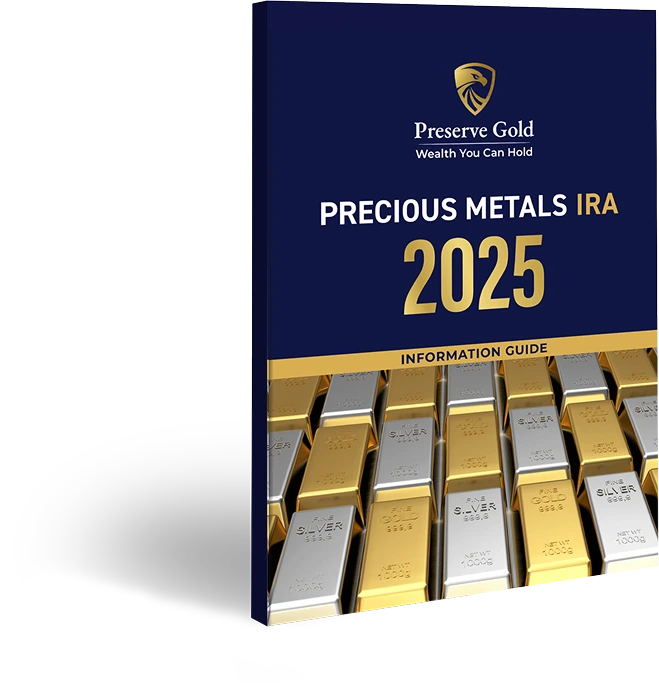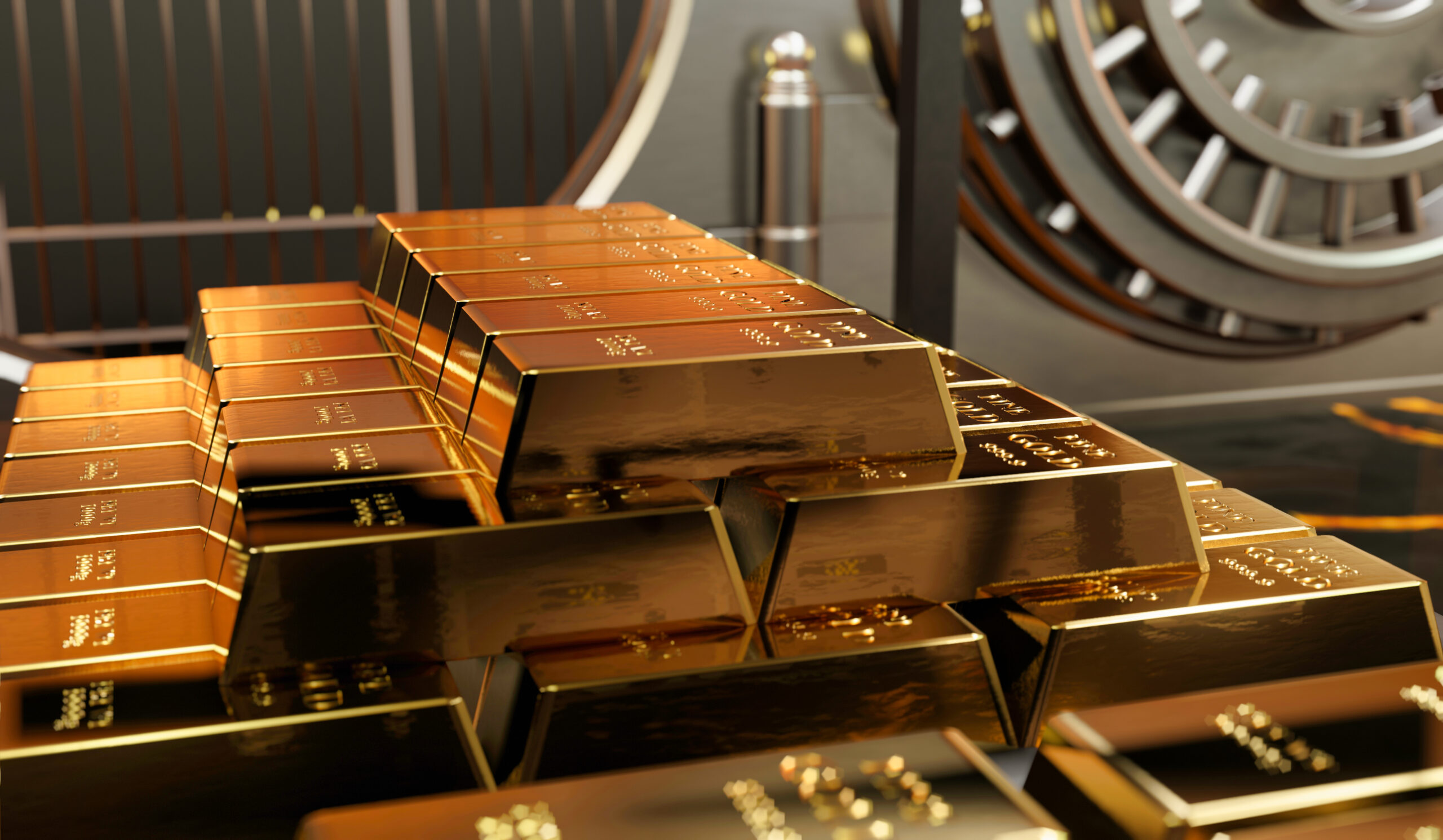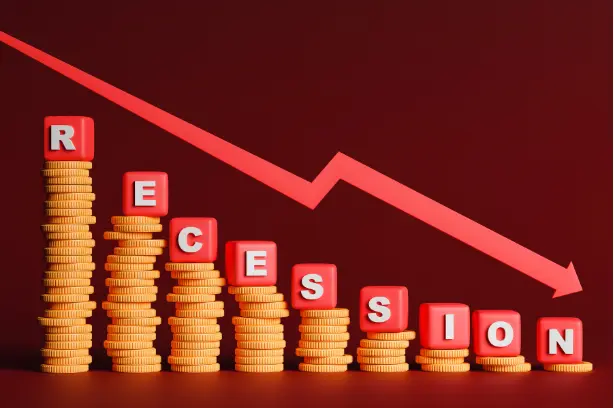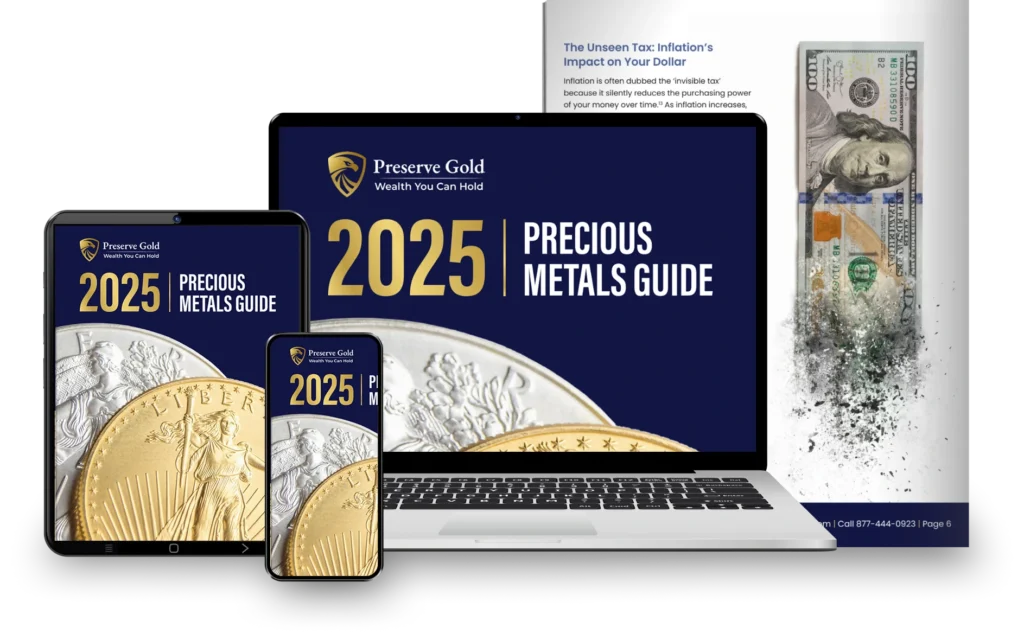Physical assets, a.k.a. hard assets, include any valuable property you can touch, like real estate, precious metals, and collectibles. Anything else, like stocks, crypto, digital assets, or patents, is a non-physical asset.
Investing in physical assets can be an appealing choice, especially in times of financial turmoil. Gold bars or farmland will remain valuable even when inflation hits or stocks crash. So, should you consider adding hard assets to your investment portfolio?
When Is It Worth Investing in Tangible Assets?
Tangible assets typically see a popularity surge when inflation, low returns, or economic turmoil threaten traditional investments. Like other commodities, precious metals and real estate may see value shifts, but they’ll still retain some worth even when the market hits rock bottom.
This doesn’t mean you should wait for an economic meltdown to purchase tangible property. Investing in physical assets today can give you the advantages of:
- Diversification. A diverse portfolio is typically more resilient in times of crisis. When you invest in many types of assets, there’s a better chance that some of your holdings will keep value if the market crashes.
- Inflation Hedge. Gold, silver, land, and other tangible assets can serve as a hedge against inflation when fiat currency depreciates.
- Tangible Value. You may appreciate the inherent feeling of stability in owning a physical asset you can see, touch, and access anytime.
Factors Affecting Physical Asset Prices
As with any holdings, the prices of physical assets may ebb and flow. Consider these potential price shifts when you purchase tangible assets and as part of planning to sell them in the future.
The price of tangible property may depend on:
- Supply and demand. Physical commodities will be more expensive when people rush to buy them or when supply drops. For example, gold prices may surge when the market is unstable, and investors gravitate toward precious metals.
- Condition. The price of houses, antiques, and collectibles often depends on the property’s condition or degree of preservation. A highly well-preserved old piece of art will be worth more than a similar item that needs a lot of restoration.
- Maintenance. The effort and money needed to keep the asset in good shape may also influence its value.
Types of Physical Assets
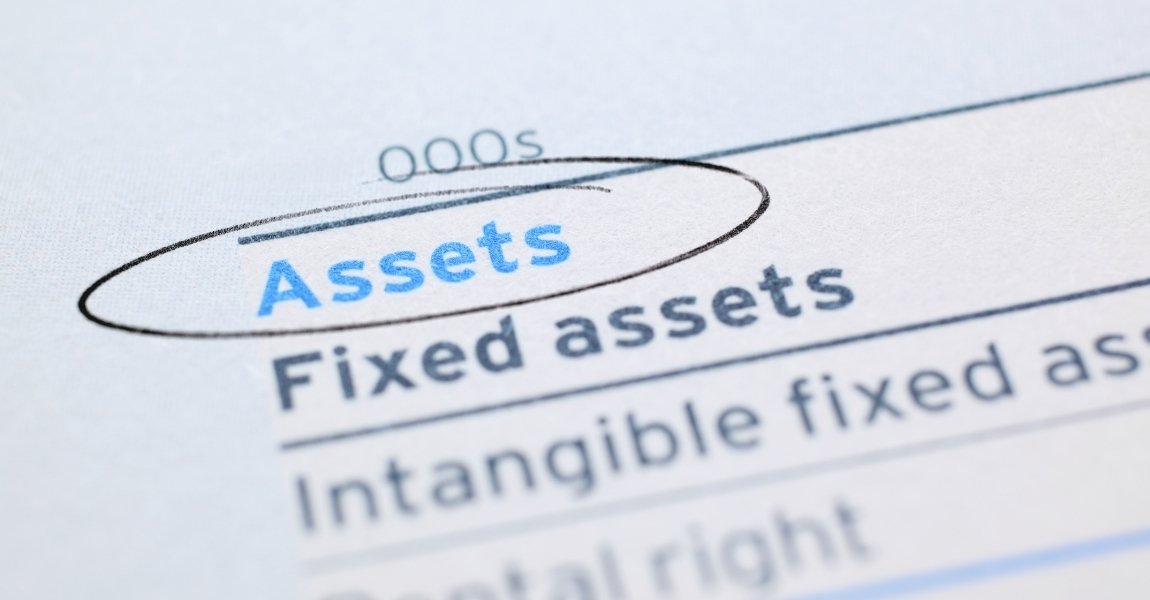
You have many options for investing in physical assets, including precious metals, real estate, vehicles, and fine art. However, any tangible commodity has pros and cons, so weigh your choices carefully before adding physical holdings to your investment portfolio.
Fine Arts
Fine art, like paintings and sculptures, can significantly appreciate over time. These items often attract investors thanks to their cultural and aesthetic appeal, plus the potential of major gains on their eventual sale.
However, unless you’re an art connoisseur, it can be hard to predict which works may become more popular and, therefore, worth more down the road. Finding a buyer for fine art items is another challenge, and if you go through an auction house, you’ll likely have to pay a steep commission fee.
Collectibles
Stamps, coins, and other collectibles may likewise yield impressive returns if you purchase the right item. These niche markets include some enthusiastic collectors who are ready to pay a bundle for a rare object.
However, this venue of investing in physical assets requires expertise and some luck. You need to ensure you’re purchasing a genuine item, and there’s no guarantee you’ll find a buyer when you’re ready to sell. This market is extremely volatile, so items may rise and fall out of favor with collectors.
Moreover, you’ll need to provide proper storage conditions for your collectibles, such as a dark location with the right degree of humidity for stamps and coins. A natural disaster, such as a flood or a tornado, could threaten your holdings.
Cars
If you’re a vehicle enthusiast, you might like the idea of investing in classic or exotic cars. You may enjoy using your vehicles, and the value of rare models could rise over time.
However, keeping a classic car in good condition is expensive. Older vehicles need plenty of maintenance to stay in shape, and any damage may depreciate their worth. Insurance for vintage cars is often pricey.
Finally, if you keep your collectible cars in a garage at home, you may risk losing them to theft. Secure vehicle storage can give you peace of mind, but its costs will add up.
Real Estate
Real estate can be a lucrative investment option. If you buy property in the right area, your asset will likely grow in value over time while providing a steady stream of passive income if you rent it out. You may also enjoy tax benefits like deductions for property maintenance.
However, investing in real estate requires big initial capital. Moreover, while housing prices are rising, the market may fluctuate because of Federal Reserve policies or because fewer people can afford to buy a house. You may also struggle with the demands of property management and dealing with renters, especially if you live far from your asset.
Precious Metals
There’s a good reason why precious metals like gold, silver, and platinum are a popular option for people investing in physical assets. Precious metals have retained their value for thousands of years, even during sharp economic downturns, and can provide a hedge against inflation.
Precious metals offer high liquidity, as they’re internationally recognized commodities. Finding a buyer for gold bars or legal tender coins is usually easy.
On the other hand, unlike rental property, precious metals supply no passive income. Furthermore, you’ll need to cover storage and insurance costs for physical metals. Finally, the precious metals market can be somewhat volatile, especially if you’re investing in silver or platinum.
Investing in Precious Metals With Preserve Gold

Do you aim to diversify your portfolio by investing in physical assets? Preserve Gold offers seamless purchase and storage solutions for gold, silver, and other precious metals. Contact us for real-time information on the precious metals market and reliable support that aligns with your investment goals.

